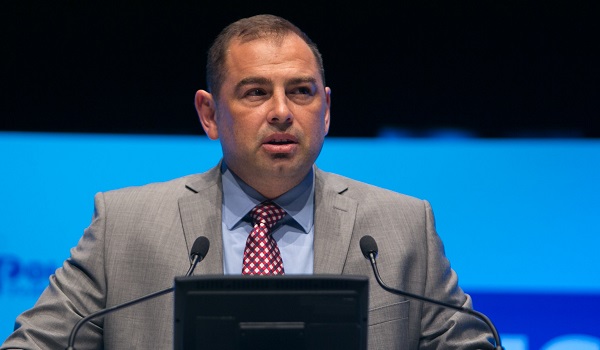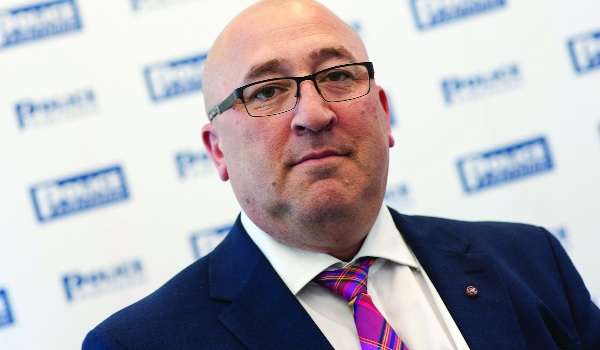Leicestershire Police want to charge journalists for FoI requests
Leicestershire Police would like to see a “nominal fee” introduced for journalists and other organisations submitting Freedom of Information (FoI) requests, saying submissions from members of the public should be given priority.
In its annual report published earlier this month, the Ethics, Integrity and Complaints Committee of the Office of the Police and Crime Commissioner for Leicestershire said 75 per cent of all FoI requests received by the force came from journalists and academics rather than members of the public.
Leicestershire Police has received 10,000 FoI requests since the law came into force in 2005, but this was now increasing by 20 per cent each year. This has resulted in the need for eight posts – four analysts and four administrative – solely to deal with FoI requests.
The Freedom of Information Act 2000 allows authorities to charge the requester, with approval, if it is deemed the request would exceed the cost limit of £600 for central Government, Parliament and the Armed Forces and £450 for other public authorities.
“Only a small proportion [of FoI requests] are from the public themselves,” said the committee’s report. “The police have to provide the information by law, but in a time of austerity should the police be allowed to charge for this information?
“While there is provision in legislation for public authorities to charge for providing information if the collation of that information exceeds 48 hours of work, the majority of requests fall under that time limit. The current demand would require the recruitment of an additional 13 administrative posts to deal with the number of requests within the statutory time limits.”
Leicestershire Police Deputy Chief Constable Rob Nixon told the committee: “I do think a nominal fee for professionals who are contacting us would stop some of the requests that are put in just because you can.”
The committee said in its report that priority should be given to FoI requests from the public and that other agencies/journalists should “pay a nominal fee”. It noted that such a move would currently be unlawful, but said members had “voiced their concerns over the use of public money being spent on such administrative procedures”.
“While recognising that current legislation was bought in with good intent, members felt that consideration should now be given to reviewing and amending the legislation to differentiate between requests from members of the public and journalists and to assist public authorities in meeting the demand,” the report added.







